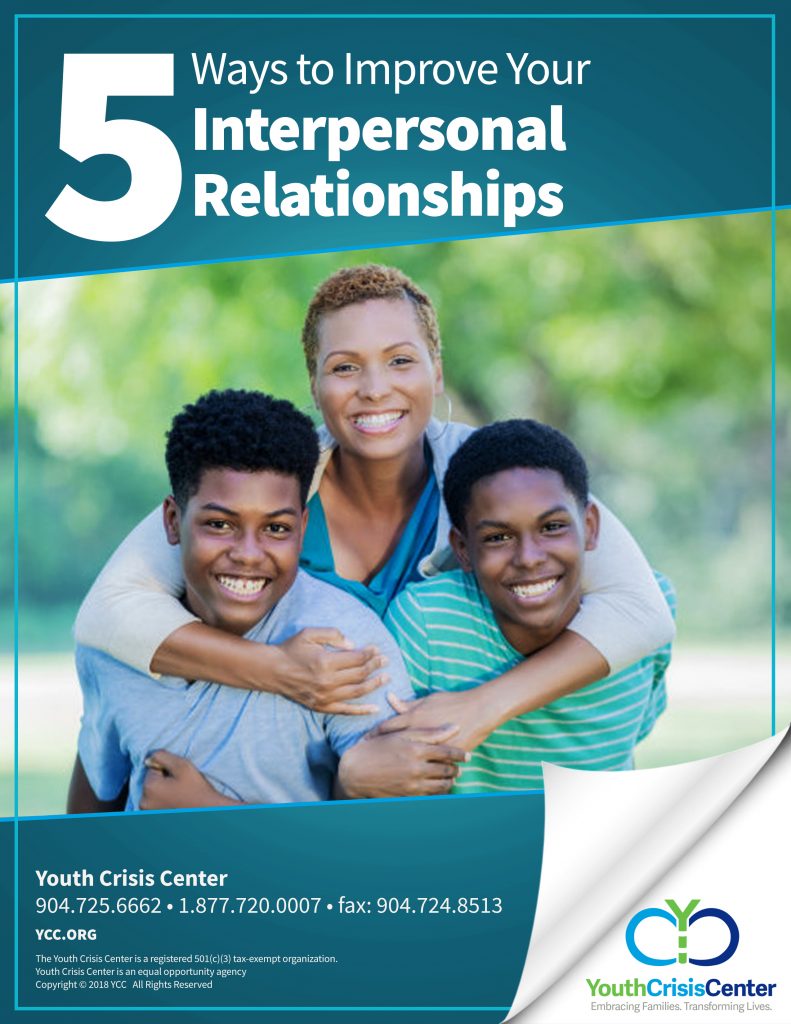Hopefully, it’s not a feeling or thought that crosses the mind of any child – whether or not they feel like their parents do not love them. There can be numerous things that would lead a child to have a feeling like this such as lack of affection shown by parents, unpleasant interactions, or negative thoughts. These actions don’t have to stem from all negative interactions. For example, a lack of affection shown by parents could also mean that a particular parent may not know how to appropriately show affection to their child. Another example could be something that is a part of everyday life: conflict.
While it should not fall entirely on the child for them to understand just how much their parents love them, Outpatient Therapist Ron Bertie recommends looking at your parent’s love languages.
5 Love Languages
According to Doctor Gary Chapman, “there are five basic love languages.” The author goes on to say that each person has a primary love language that others must learn to speak if they want that particular person to feel loved.
- Words of Affirmation
- Acts of Services
- Receiving Gifts
- Quality Time
- Physical Touch
For either a child or parent who may be struggling with showing affection – it could help to look at your love language. If you’re able to figure out what your love language is and compare it to theirs, it’s possible there could be a plan on how to meet in the middle.
Re-evaluate Your Thinking
Another thing Bertie recommends to children who are thinking this way is to look at the way they’re thinking. He says this way of thinking should be followed by going through cognitive distortions.
“Try to figure out if it’s true or not true.”
An article on PsychCentral says, “cognitive distortions are simply ways that our mind convinces us of something that isn’t really true.” Mindfulness can help with this way of thinking, such as grounding techniques or even journaling can help.
Youth Crisis Center’s Outpatient Behavioral Health Program
The Youth Crisis Center was founded in 1974 as Florida’s first run-away program and has grown to be one of the largest and best-known providers of services for youth and families. Nationally recognized as setting a standard in youth services, YCC has been ranked as one of the top five programs in the United States by the Youth Policy Institute in Washington DC. Throughout the past 45 years, YCC has helped thousands of youth and their families overcome adversity and build stronger relationships.
Are you concerned about relationship issues with your child or between family members? The Youth Crisis Center’s Outpatient Behavioral Health program provides comprehensive mental health and psychiatric care to children as young as 3, as well as their families. Parents may receive individual and family counseling services regardless if their child is a YCC client. Click to learn more about 5 Ways to Improve Your Interpersonal Relationships.


